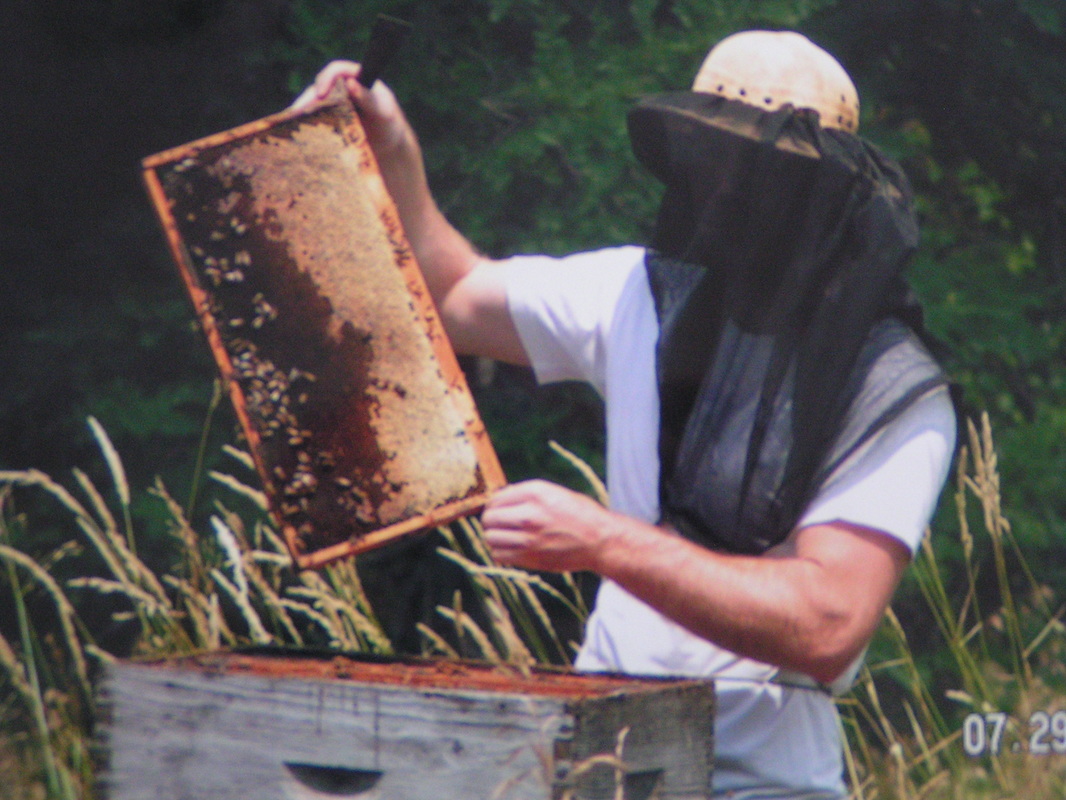Sprays that use neonicotinoid chemicals should only be used on crops that are not attractive to the insects they said.
The sale of seeds treated with these chemicals should also be prohibited.
Bayer, one of the companies who make the pesticides, says they are convinced they can be used without harm to bees."
EU says pesticides linked to bee decline should be restricted
By Matt McGrath
I don't trust either one of them.

 RSS Feed
RSS Feed
